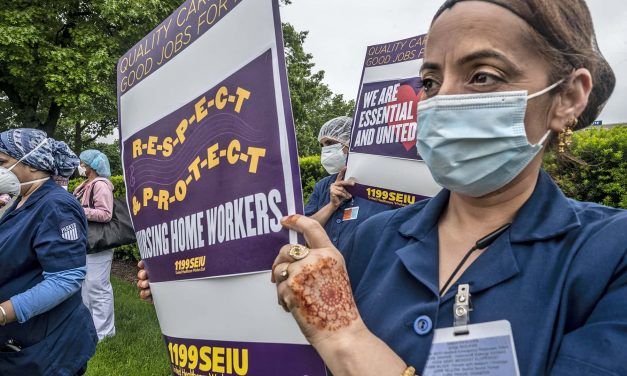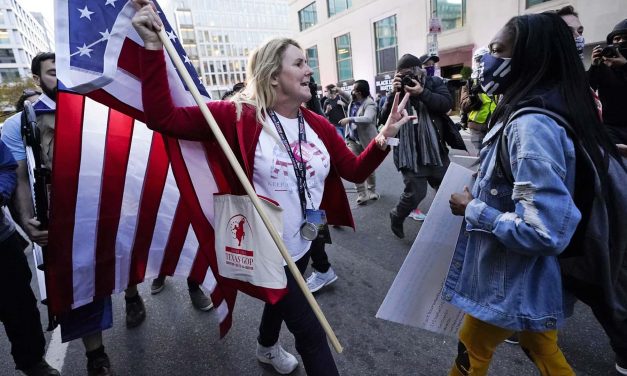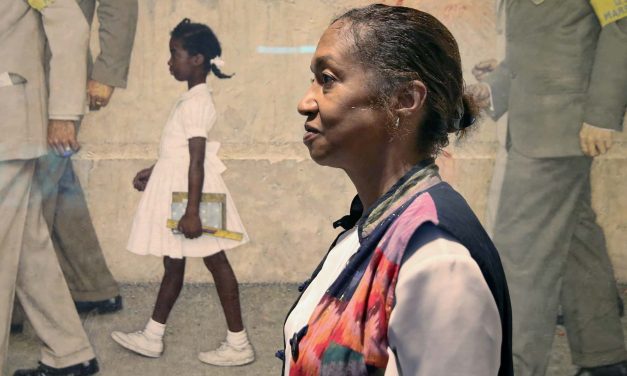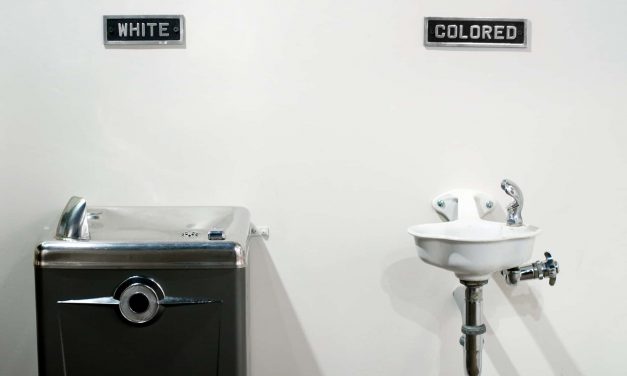No Sick Leave: Why health care aides in nursing homes are forced to work after exposure to COVID-19
By Shefali Milczarek-Desai, Assistant Clinical Professor of Law and Director of the Immigrant Workers’ Rights Clinic, UA James E. Rogers College of Law, University of Arizona; and Tara Sklar, Professor of Health Law and Director, Health Law & Policy Program, University of Arizona The COVID-19 pandemic has devastated America’s nursing homes, but the reasons why are not as simple as people might think. To understand how nursing homes became the source of over one-third of U.S. COVID-19 deaths, you have to look beyond just the vulnerability of the residents and examine how nursing homes pay and manage their employees....
Read More















